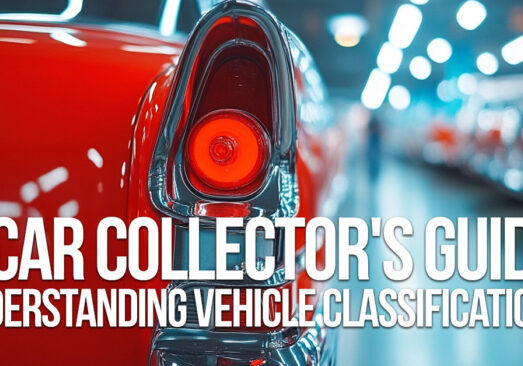Demystifying No-Fault Insurance

Demystifying No-Fault Insurance
In the realm of personal finance, auto insurance plays a crucial role in safeguarding individuals and businesses against the financial consequences of accidents. However, the world of auto insurance can be a labyrinth of varying state laws, regulations, and coverage options. Among these complexities lies the concept of no-fault insurance, a system that deviates from the traditional fault-based approach.
Understanding the Essence of No-Fault Insurance
No-fault insurance is a system designed to expedite the claims process and reduce litigation following car accidents. In no-fault states, drivers are primarily responsible for filing claims with their own insurance company, regardless of who is at fault. This differs from fault-based systems, where drivers file claims with the at-fault party’s insurance company.
The Pillars of No-Fault Insurance
Two key principles underpin no-fault insurance:
- Personal Injury Protection (PIP): PIP coverage provides financial compensation for medical expenses, lost wages, and other losses sustained in a car accident, regardless of fault.
- Limited Tort Option: No-fault laws often restrict the right to sue for pain and suffering unless certain thresholds are met, such as serious bodily injury or permanent disability.
Navigating the No-Fault Landscape: Florida as an Example
Florida, along with 11 other states, operates as a no-fault insurance state. This means that drivers in Florida are required to purchase PIP coverage as part of their auto insurance policy. PIP coverage in Florida provides up to $10,000 in benefits per person, per accident, for medical expenses, lost wages, and other losses.
Benefits and Considerations of No-Fault Insurance
The no-fault system offers several potential advantages, including:
- Swifter Claims Processing: By directing claims to the policyholder’s own insurance company, no-fault insurance can expedite the claims process, potentially leading to faster compensation for injured parties.
- Reduced Litigation: Limiting the right to sue can help reduce the number of lawsuits filed, potentially lowering insurance costs overall.
However, no-fault insurance also has some considerations:
- PIP Coverage Costs: PIP coverage can be an additional expense for policyholders.
- Limited Tort Restrictions: The restrictions on lawsuits for pain and suffering may limit the ability to seek full compensation for severe injuries.
Seeking Expert Guidance: The Value of Independent Insurance Agents
Navigating the complexities of no-fault insurance and making informed decisions about auto insurance coverage can be a daunting task. Independent insurance agents can provide invaluable guidance in this process, leveraging their expertise and industry knowledge to assist you in:
- Understanding the nuances of no-fault insurance in your state:
- Assessing your specific needs and risk profile:
- Comparing quotes and policies from multiple insurance companies:
- Tailoring a coverage plan that aligns with your budget and protection requirements:
By working with an experienced independent insurance agent, you can make informed decisions about your auto insurance coverage, ensuring that you have the right protection in place without overpaying for premiums.
Contact Us
OUR LOCATION
11916 Washington Street Northglenn, Colorado 80233
720-249-3038
© Copyright 2025 Premium Advantage Insurance, LLC | All Rights Reserved
Site by ICA Agency Alliance
11916 Washington Street Northglenn, Colorado 80233
720-249-3038
© Copyright 2025 Premium Advantage Insurance, LLC | All Rights Reserved
Site by ICA Agency Alliance






























































